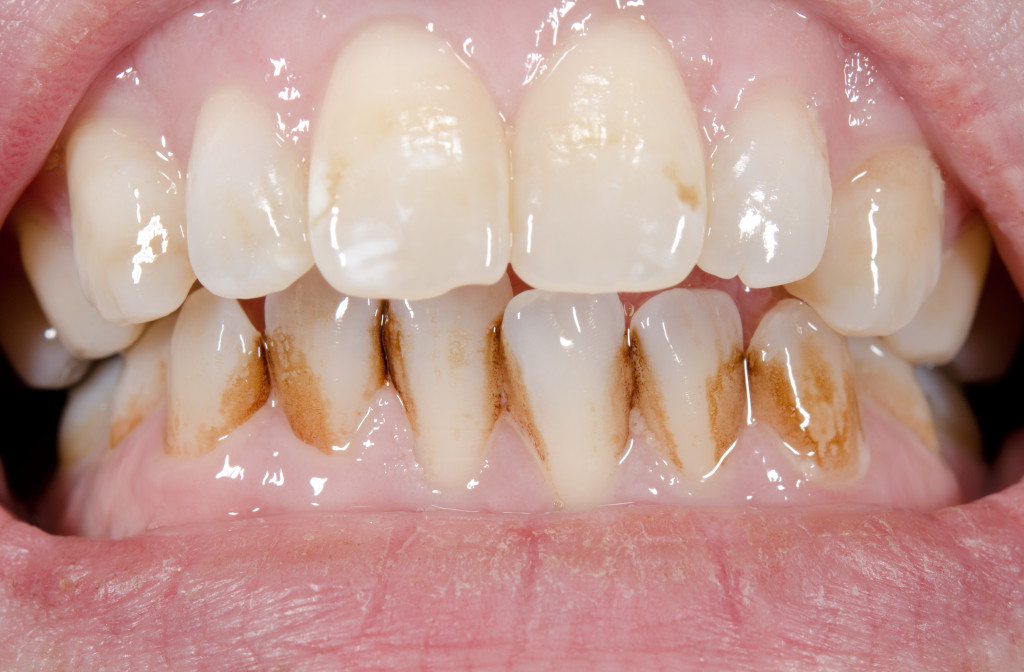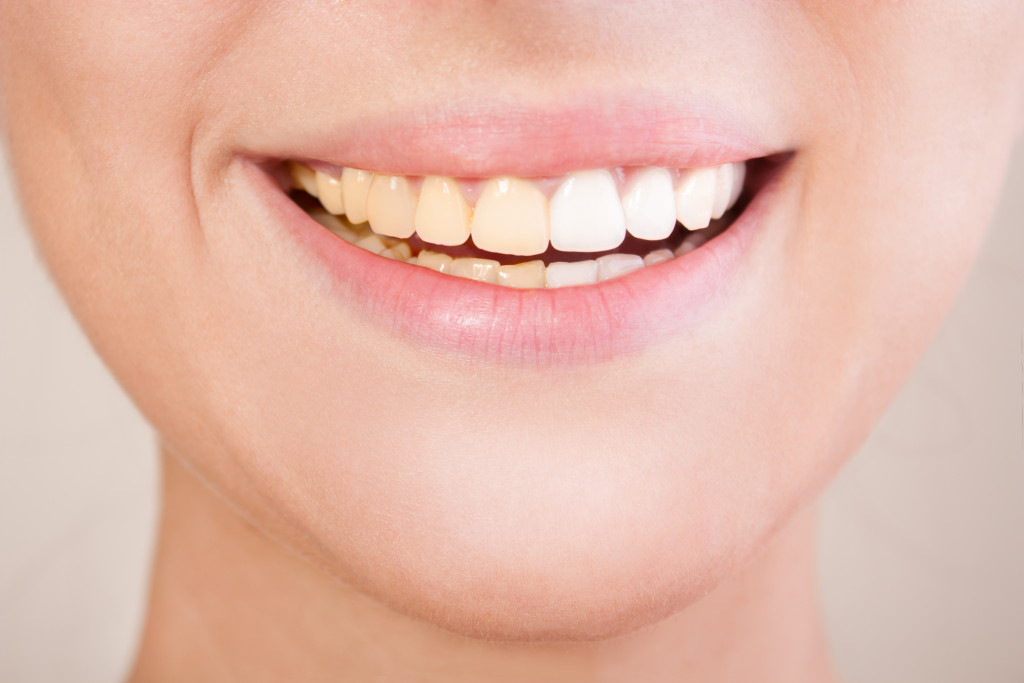While the look of your mouth and the smell of your breath can be an obvious sign of your overall oral health, it’s important to know that it can also be a sign of more serious health problems. Some of these problems might not even seem related to your mouth. However, it’s important to take note of these oral issues in order to identify and treat the underlying condition that they might be signaling immediately.
Here’s how oral conditions can be a warning to more severe health concerns:
Sensitivity to hot and cold temperatures
You may not think much about your teeth being sensitive to hot and cold temperatures, but it can signify a more severe condition. When the enamel on your teeth starts to break down, it can expose the underlying dentin. This can cause the nerves in your teeth to become irritated, resulting in sensitivity.
In addition, gum disease can also lead to tooth sensitivity. The gums provide support for the teeth, and when they become inflamed, it can cause the roots of the teeth to become exposed. This can make your teeth much more sensitive to temperature changes.
Bleeding gums
Bleeding gums can signify many underlying conditions, some of which are more serious than others. In some cases, bleeding gums may be due to something as simple as brushing too hard. However, they can also be a symptom of gum disease, an infection of the tissue surrounding and supporting your teeth.
If left untreated, gum disease can lead to tooth loss. Bleeding gums can also signify other conditions, such as leukemia and vitamin C deficiency.
Mouth sores
Mouth sores or lesions can signify more serious conditions, so it’s essential to be aware of them and what they might mean. Lesions can be caused by many things, including infection, injury, or underlying medical conditions. In most cases, mouth sores are harmless and will go away independently. However, some mouth sores can be painful or indicate a more severe problem.
If you have a mouth sore that lasts longer than two weeks, is extremely painful, or is accompanied by other symptoms like fever or swollen lymph nodes, you should see a doctor.
Mouth sores can also be a sign of cancer, so if you experience any unusual changes in your mouth, you must get checked out by a doctor as soon as possible.
Loose teeth
When you were a kid, losing teeth was probably no big deal. You put the tooth under your pillow, and the tooth fairy would leave you a crispy dollar bill in exchange. But as an adult, finding a loose tooth can cause alarm. After all, losing teeth is not supposed to happen once you’ve reached maturity. So, what does it mean when an adult starts to lose teeth?
In most cases, loose teeth are nothing to worry about. They can be caused by anything from gum disease to age-related wear and tear. However, there are some rare instances where loose teeth can signify a more severe condition. For example, loose teeth can occasionally be a symptom of osteoporosis. This disease causes the bones to weaken and break down.
Also, missing teeth can affect one’s appearance, leading to low self-esteem, anxiety, and damaged mental health. If this is your case, you can get tooth implants to improve your smile. Tooth implants are an excellent long-term solution for people who suffer from tooth loss. The implants are small titanium posts surgically placed in the jawbone beneath the gums. Once the implants have bonded with the bone, they can be used to support a dental prosthetic, such as a crown, bridge, or denture. In addition to being strong and durable, implants look and feel natural.
If most of your teeth are becoming loose, see a dentist or doctor to identify and treat what condition you may have.
Bad breath
Bad breath, or halitosis, can be embarrassing and tough to deal with. But did you know that it can also signify a more serious health condition? Bad breath can be caused by several things, including gum disease, tooth decay, and sinus infections. And in rare cases, it can even be a sign of diabetes or liver disease.
So if you’re dealing with chronic bad breath, it’s important to see your doctor to rule out any underlying health conditions. You can also do a few simple things at home to help combat bad breath, like brushing your teeth regularly and tongue scraping. By taking these simple steps, you can help keep your breath fresh and healthy.
Discoloration of teeth
You may not think that the color of your teeth is all that important, but it can be a sign of underlying health problems. Suppose your teeth are starting to yellow or become discolored. In that case, it could be a sign that you have poor oral hygiene or a symptom of something more serious, like gum disease.

Discoloration can also be caused by smoking, eating certain foods and drinks (like coffee and red wine), and taking certain medications (like tetracycline). If you notice that your teeth are yellowing or becoming discolored, you should see your dentist to find out the cause. In most cases, discoloration is nothing to worry about, but in some cases, it could be a sign of a more severe condition.
While many people think of oral health as simply having clean teeth and fresh breath, it’s a sign of your overall health. If you’re experiencing any problems with oral health, such as sensitivity to hot or cold temperatures, bleeding gums, mouth sores, loose teeth, bad breath, discoloration, or pain when chewing or swallowing, please see your dentist as soon as possible. These could be signs of more serious conditions that require treatment.

